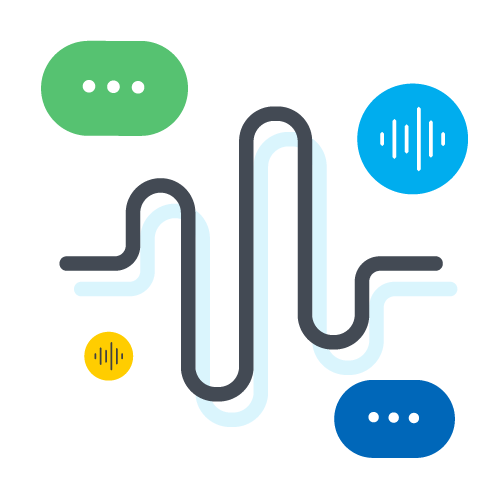Dernière mise à jour : 09 mai 2025

6. Voice Technology
Voice technology has many applications within the virtual care space, including conversational artificial intelligence technology (e.g., Chatbots), voice assistants for health assessment, diagnostics, and companionship for patients. It can also play a key role in the administrative tasks often handled by healthcare providers through real-time charting, storing healthcare data, and communicating with other health professionals.
Voice technology also has the potential to provide an accessible platform for patients to interface with aspects of the health care system and drive efficiencies in areas of care that require a high volume of resources. By introducing new avenues for patients to access care or health information at home, these applications may transform the way that people navigate health care services and technologies.
Implications
The adoption of voice technology in the Canadian health care system has been relatively slow. Potential barriers to implementation to voice technology in health care include data privacy, integration with patients’ health records, accessibility limitations, and the need for evidence to assess its clinical effectiveness, safety, and cost-effectiveness.
Emerging uses of voice technology include:
- Diagnosis of neurogenerative conditions. Wearable devices with integrated speech recognition can detect semantic, syntactic, and acoustic voice features associated with conditions like mild cognitive impairment and Alzheimer disease, thereby aiding in early detection and diagnosis.
- Symptom assessment. Ada is a mobile health companion app that integrates with home-based virtual assistant devices to assess the user’s health based on their indicated symptoms. The app combines the utility of a voice interface with an AI-based database to monitor personal health data and assist in proactive care.
- Prehospital triaging.The Cardiology Heart Failure Clinic at McGill University Health Centre uses a COVID-19 screening tool that uses the Amazon Alexa voice assistant to screen patients.
Dernière mise à jour : 09 mai 2025


